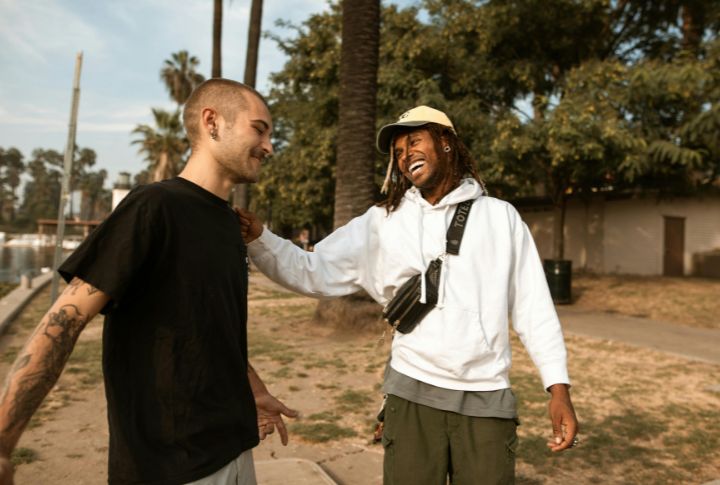
Sometimes, the people closest to us become the ones who hold us back. It’s not always obvious at first; something just starts to feel off. That uneasy feeling means it’s time to look closer. Because sometimes, protecting peace means walking away. Ahead, discover how to recognize when a friendship turns unhealthy, and how to end it without losing yourself in the process.
They Dismiss Your Achievements

Good friends celebrate your wins like they’re their own. Bad ones roll their eyes and change the subject, or act jealous instead of happy for you. Over time, it makes you second-guess yourself and stop sharing the things you’re proud of.
They Exploit Your Vulnerabilities

Ever opened up to someone only to have them twist your words later? That’s a huge red flag. Toxic friends use your feelings and secrets as leverage, while real friends protect them. You shouldn’t feel guilty or used for being honest.
They Only Reach Out When They Need Something

If your phone only lights up when they want a favor, it’s pure convenience. You end up feeling like a resource rather than a person. True friends check in just to see how you’re doing, not what they can get.
They Sabotage Other Relationships

Pay attention if someone always talks down about other friends. Toxic people don’t want to share you; they want to isolate you. They’ll guilt-trip you or stir drama to make you choose sides, while the ones who really care will actually cheer on your connections.
They Belittle Your Values

When someone laughs at your boundaries or makes you feel “too sensitive,” that’s totally not okay. Friends don’t get to decide what matters to you. You deserve people who respect your values instead of mocking them for their own comfort.
Having spotted the red flags, it’s time to learn how to end a friendship while protecting your peace.
Clarify Emotional Reasons

Before you walk away, take a moment to understand what’s really driving you. Writing things down or quietly reflecting helps you sort through your emotions and see the situation clearly. That self-awareness keeps conversations calm and helps you leave without unnecessary drama.
Set A Firm Boundary

After putting up with too much for too long, it’s time to draw the line. Whether you say it directly or write it out, make the limits clear. Boundaries are simply how you protect your peace and start taking power back.
Avoid Justifying Your Choice

You don’t owe anyone a detailed breakdown of your decision. The more you explain, the more room you leave for argument or guilt. Keep words brief and respectful. A short, clear message signals confidence and shows you’re genuinely ready to move on for good.
Remove Shared Digital Tie

Unfollow, mute, or block if that’s what it takes to find peace. Cutting digital ties is healthy. Each small step to reduce online contact quiets the constant reminders and helps you focus on healing. You also avoid being pulled back into old patterns.
Decline Mutual Events

Sometimes, the best way to recover from a draining friendship is through absence. By skipping shared gatherings, you protect your mental space and allow time to rebuild a sense of calm. Healing happens faster when you’re not forced into old dynamics.

